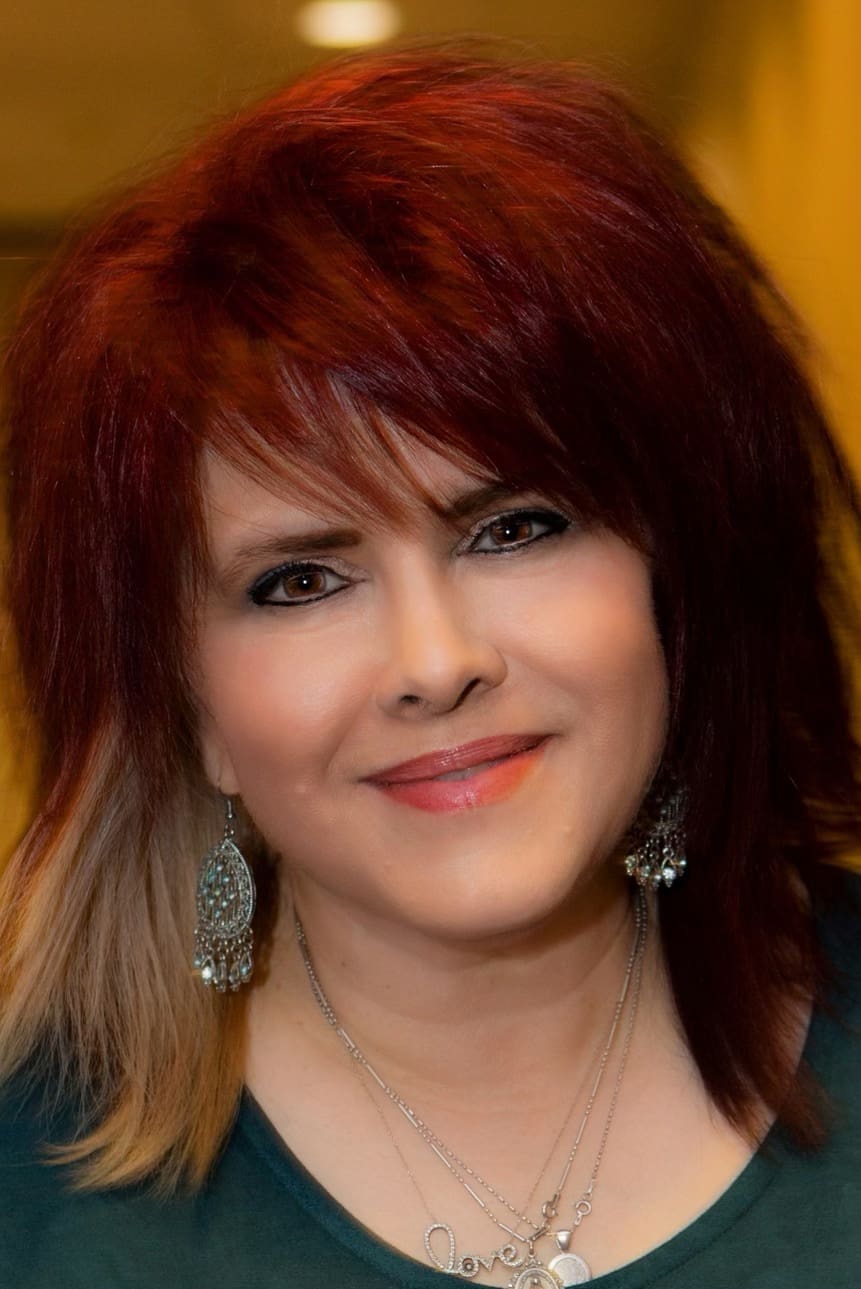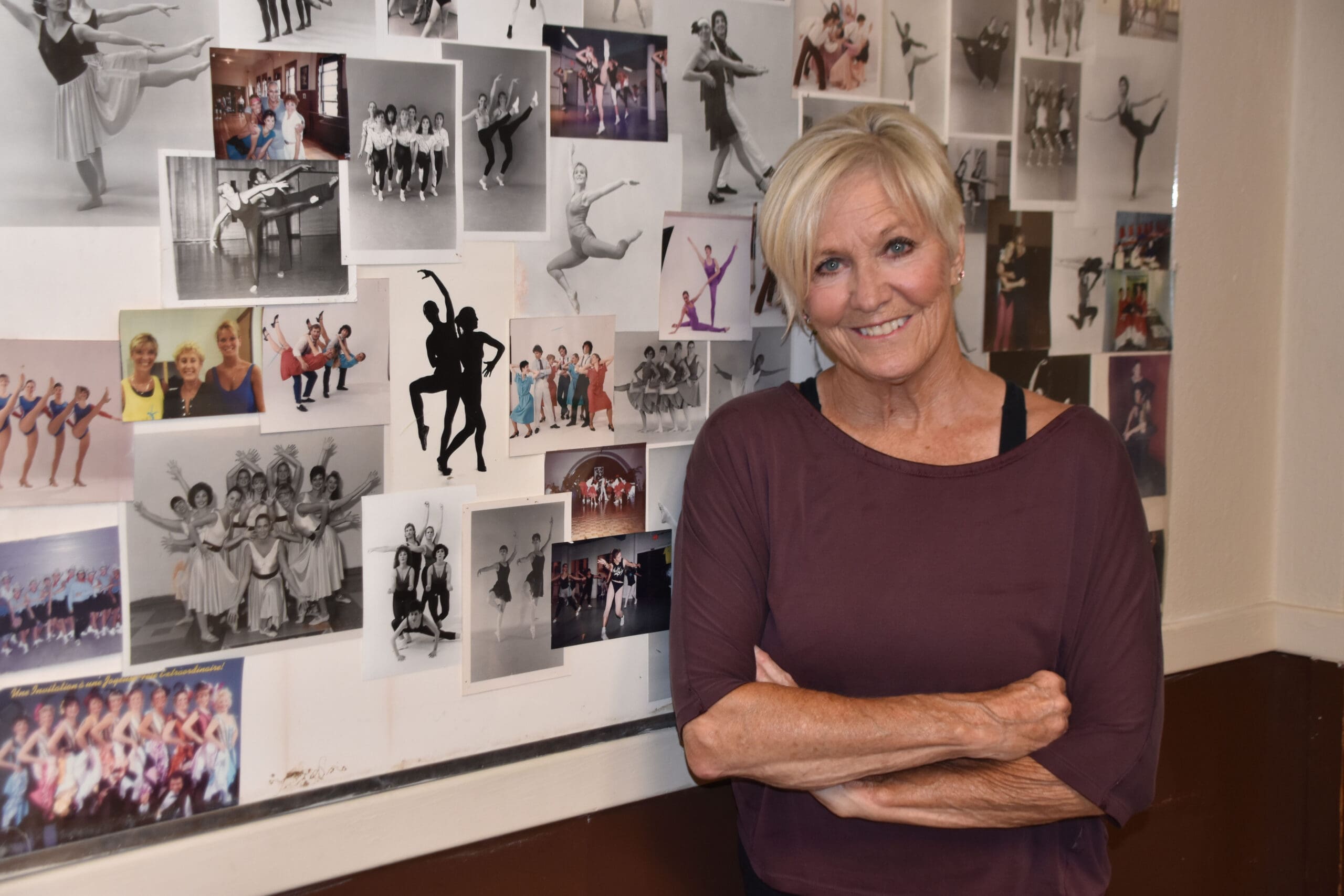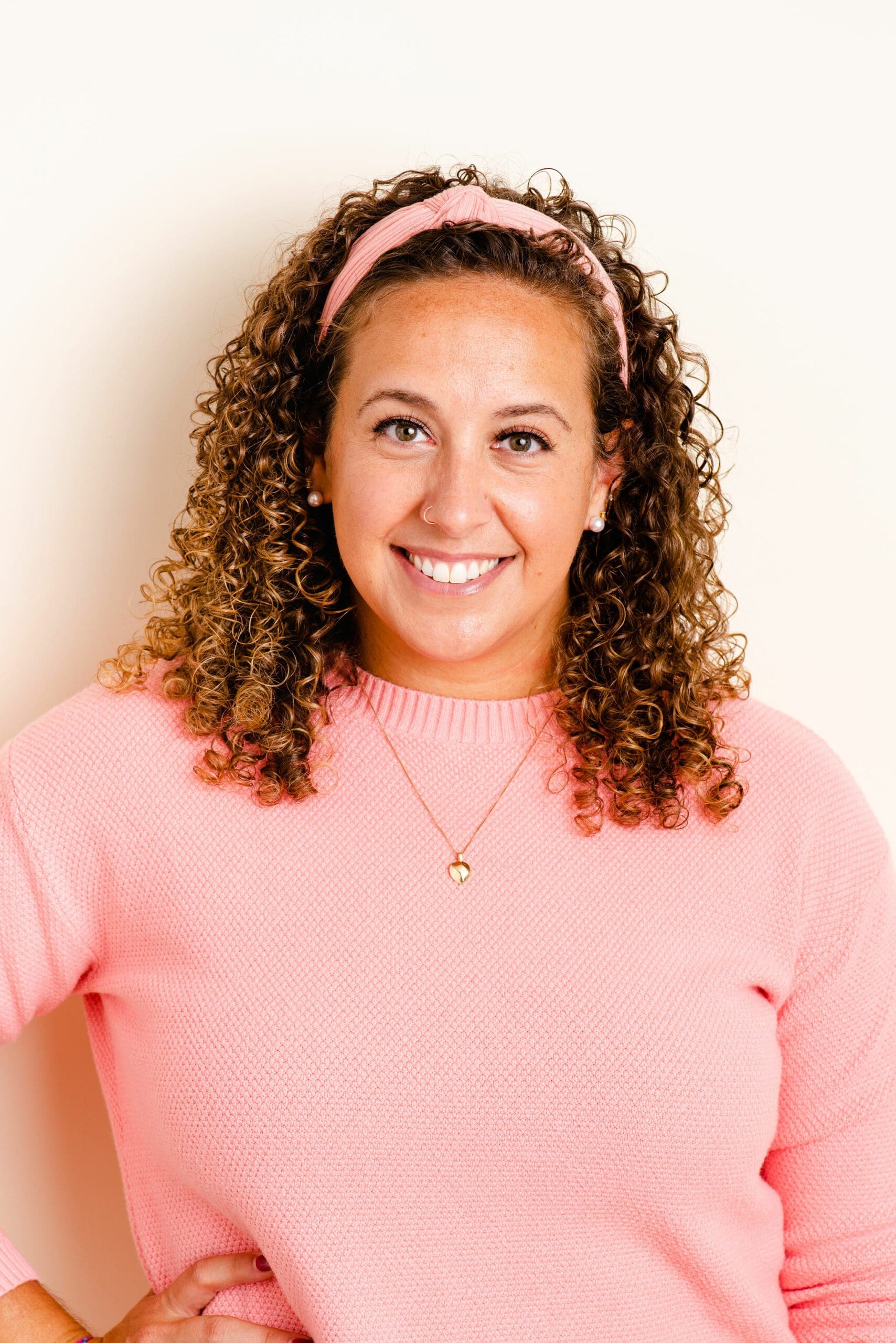By Carolyn Hendrickson
As someone who genuinely enjoys building relationships, I am always curious what motivates people to give. In a study referenced in Psychology Today, 85% of respondents said the reason they gave was simply because someone asked them. I have been asked whether the inclination to give is more likely to be grounded in family values or is it a learned behavior. The good news is that there is no firm answer; it’s likely to be a combination. And, with the advances in social media, the “asking” by nonprofits is highly visible and reaches a much broader audience than ever before.
Having grown up on a farm in Central New York, my formative years of financial giving was limited to dropping money into the collection plate on Sunday. I watched my parents’ do that as the plate was passed down the pew, and inherently knew I wanted to be part of it. I didn’t know all the ways the money would be used, but I knew some of it helped poor people in our community. Even as a child it felt good to help and be connected with something bigger than myself. Whether it was a quarter or a dollar bill I earned from babysitting, I wanted to contribute. Little did I know this was the start of what would become my life’s passion.
Throughout my childhood and emerging adulthood, I thought philanthropy was something only for the incredibly wealthy. Over the past 25 years as a development professional, I now know that philanthropy—the act of giving to help others or society—is a meaningful opportunity for everyone. I have had the good fortune to know people considered wealthy and those with very limited resources give generously. Helping others simply feels good.
Of no less importance are gifts of time—volunteering, pitching in. My father was quick to help other farmers when the need was apparent, and his caring ways still impact my actions today. Answering phones at a fundraiser, serving on a board, collecting hygiene items for families in need might speak to your heart, or knitting hats for a street outreach providing medical care. Giving your time and talent can change your life and the community around you.
Through the years, my personal philanthropy is a result of learned behavior. My former career in financial services gave me insights on tools and strategies for giving. Though knowledge of tax advantages is helpful, my career in charitable giving has helped me better recognize how much the heart is connected to giving. Listening to donors, understanding what matters to them, and helping them find a meaningful opportunity to have impact—whether it is a gift of time, money, or both—is incredibly rewarding.
There is no such thing as a too-small gift. Giving is deeply personal. It is about a relationship. One thing that the cloud of a two-year pandemic has reinforced for me is that people and relationships are what matter most in our lives. American researcher and author Brené Brown tells us “We are hard-wired to connect with others, it’s what gives purpose to our lives and without it there is suffering.”
My hope is that going forward we never forget how human connection and wellbeing are intricately tied. My wish for each and every one of you, is that you richly experience the joy of friendship and the love of others in a way that will replenish your spirit. May every gift you make come from your heart.
Editor’s note: Carolyn Hendrickson is the Director of Planned Giving at The Upstate Foundation.





